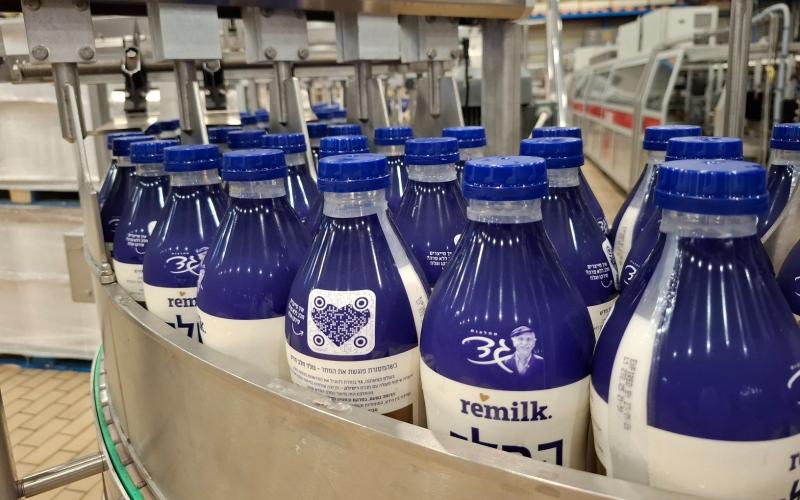Laboratory-Cultivated Milk Enters Israeli Market, Pioneering Dairy Alternatives

The process involves programming microorganisms, such as yeast, to synthesize milk proteins like casein and whey. These proteins are identical to those found in traditional cow's milk, preserving the nutritional profile and essential functional properties such as taste and texture. This development offers a lower environmental footprint and addresses sustainability and animal welfare challenges.
Israel, known for its innovation in food technology, serves as a market laboratory for this product. Consumer acceptance and the ability of precision fermentation to scale production at competitive prices will be critical factors in its commercial viability. If successful, this could reshape the dairy supply chain by reducing reliance on intensive livestock farming.
Leading startups in this field aim to position lab-cultivated milk not only as an ethical alternative but also as a premium option in the dairy substitute market. By using actual milk proteins, it sets itself apart from plant-based beverages like almond, soy, or oat milk, which lack the essential casein for many dairy derivatives.
This innovation poses a new competitive challenge to traditional dairy industries, which have maintained a functional advantage in this niche.









